Israeli-Palestinian peace: how might a two-state solution work?
Joe Biden's call for all parties to 'put us on path toward peace' is labelled 'mission impossible'

Joe Biden has said Israel cannot return to the status quo that existed before Hamas's 7 October attacks and should work towards a two-state solution with Palestinians once the war is over.
It follows the US president's call last week for a "concentrated effort from all the parties – Israelis, Palestinians, regional partners, global leaders – to put us on a path toward peace".
While laudable, the odds of achieving a two-state solution in the current climate are "very, very low", Aaron David Miller, who has been a Middle East adviser to Democratic and Republican administrations, told The Associated Press. "It's essentially mission impossible."
Subscribe to The Week
Escape your echo chamber. Get the facts behind the news, plus analysis from multiple perspectives.

Sign up for The Week's Free Newsletters
From our morning news briefing to a weekly Good News Newsletter, get the best of The Week delivered directly to your inbox.
From our morning news briefing to a weekly Good News Newsletter, get the best of The Week delivered directly to your inbox.
What did the papers say?
A two-state solution is still seen by some as the best hope for lasting peace in the region. It would see an independent Palestinian state – made up of the West Bank and Gaza – established alongside Israel.
It may be the official position of the UK, US, UN and even Israel itself, reported Sky News, but there is "no shortage of obstacles in the way of Biden's postwar vision", said AP.
An independent Palestinian state in the West Bank and Gaza is seen as a "nonstarter by Israel’s far-right government", said the news agency. Israel has spent decades building settlements and other infrastructure "designed to effectively annex much of the West Bank and render the possibility of a coherent Palestinian nation impossible", said Mother Jones.
Although considered illegal under international law these settlements make the territory "increasingly difficult to designate as Palestinian", said Sky News. Deciding the borders of a potential Palestinian state remains the "biggest obstacle" to a two-state solution. The current Israeli government has expanded settlement construction and treated the West Bank as part of a "Judea and Samaria" that Jews have a right to control, with Prime Minister Benjamin Netanyahu saying in June that Palestinian hopes of a sovereign state "must be eliminated".
A free daily email with the biggest news stories of the day – and the best features from TheWeek.com
On the Palestinian side, an "ineffectual" Palestinian Authority (PA) that controls parts of the West Bank has "little credibility with the population it governs", said AP.
Despite this, The Times of Israel has reported on talks between US officials and the PA leadership over the possibility of it taking over control of Gaza from Hamas after the current fighting ends. Such a scenario would be "highly difficult to implement given the historically weak state of the PA" in the coastal territory, said the paper. It added that the Ramallah-based PA has been "plagued by corruption, is unpopular among Palestinians for cooperating with Israel and has seen international support shrink with rejected peace offers and continued stipends to Palestinian security offenders jailed in Israel".
That leaves the US. While it continues to pay lip service to a two-state solution, recent administrations have seemed less wedded to the policy, instead favouring an incremental approach that has effectively circumvented the Palestinians altogether, seeking instead to normalise relations between Israel and its Arab neighbours as the best path to peace in the region.
What next?
There is an acknowledgement on all sides that any tangible steps towards a two-state solution is off the table while Israel continues its assault on Gaza.
Looking beyond the war, much will depend on what happens at next year's US presidential election. While the Biden administration has – belatedly – reiterated its call for a two-state solution, Republicans seem less committed to the idea. Presidential hopeful and biotech billionaire Vivek Ramaswamy summed up the mood in the party at a summit over the weekend in which he said Israel should feel free to abandon "the myth of a two-state solution".
This "single-state solution" may seem fanciful given recent events, but after years of occupation, terrorist attacks and retaliatory strikes, only a minority of Israelis and Palestinians continue to believe in a two-state solution. Since the Hamas attack "it seems further away than ever", said DW.
Elliott Goat is a freelance writer at The Week Digital. A winner of The Independent's Wyn Harness Award, he has been a journalist for over a decade with a focus on human rights, disinformation and elections. He is co-founder and director of Brussels-based investigative NGO Unhack Democracy, which works to support electoral integrity across Europe. A Winston Churchill Memorial Trust Fellow focusing on unions and the Future of Work, Elliott is a founding member of the RSA's Good Work Guild and a contributor to the International State Crime Initiative, an interdisciplinary forum for research, reportage and training on state violence and corruption.
-
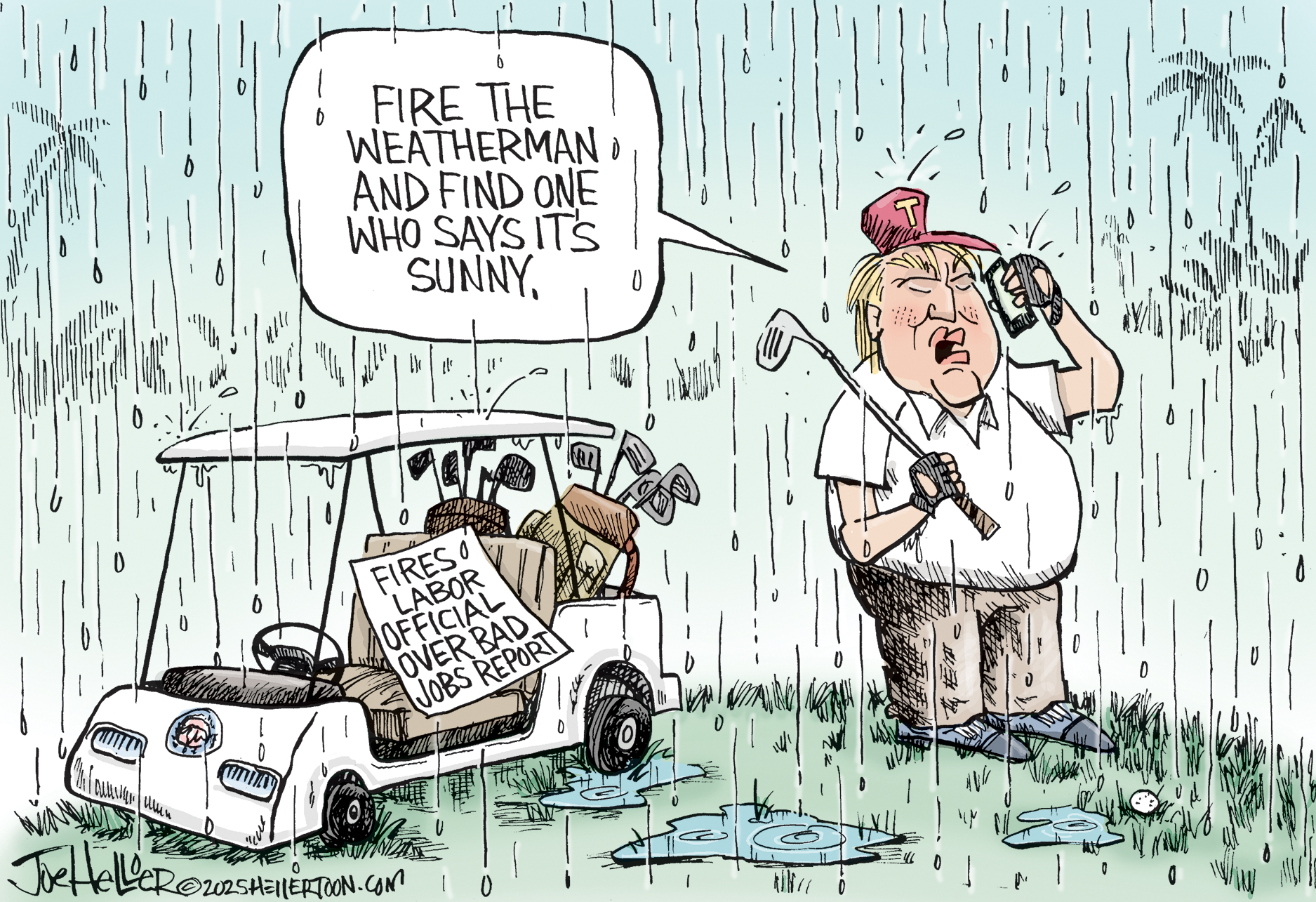 5 thin-skinned cartoons about shooting the messenger
5 thin-skinned cartoons about shooting the messengerCartoons Artists take on unfavorable weather, a look in the mirror, and more
-
 Is Trump's new peacemaking model working in DR Congo?
Is Trump's new peacemaking model working in DR Congo?Talking Point Truce brokered by the US president in June is holding, but foundations of a long-term peace have let to be laid
-
 A tour of southern Greenland
A tour of southern GreenlandThe Week Recommends New international airport has given this 'bucolic' island a welcome boost
-
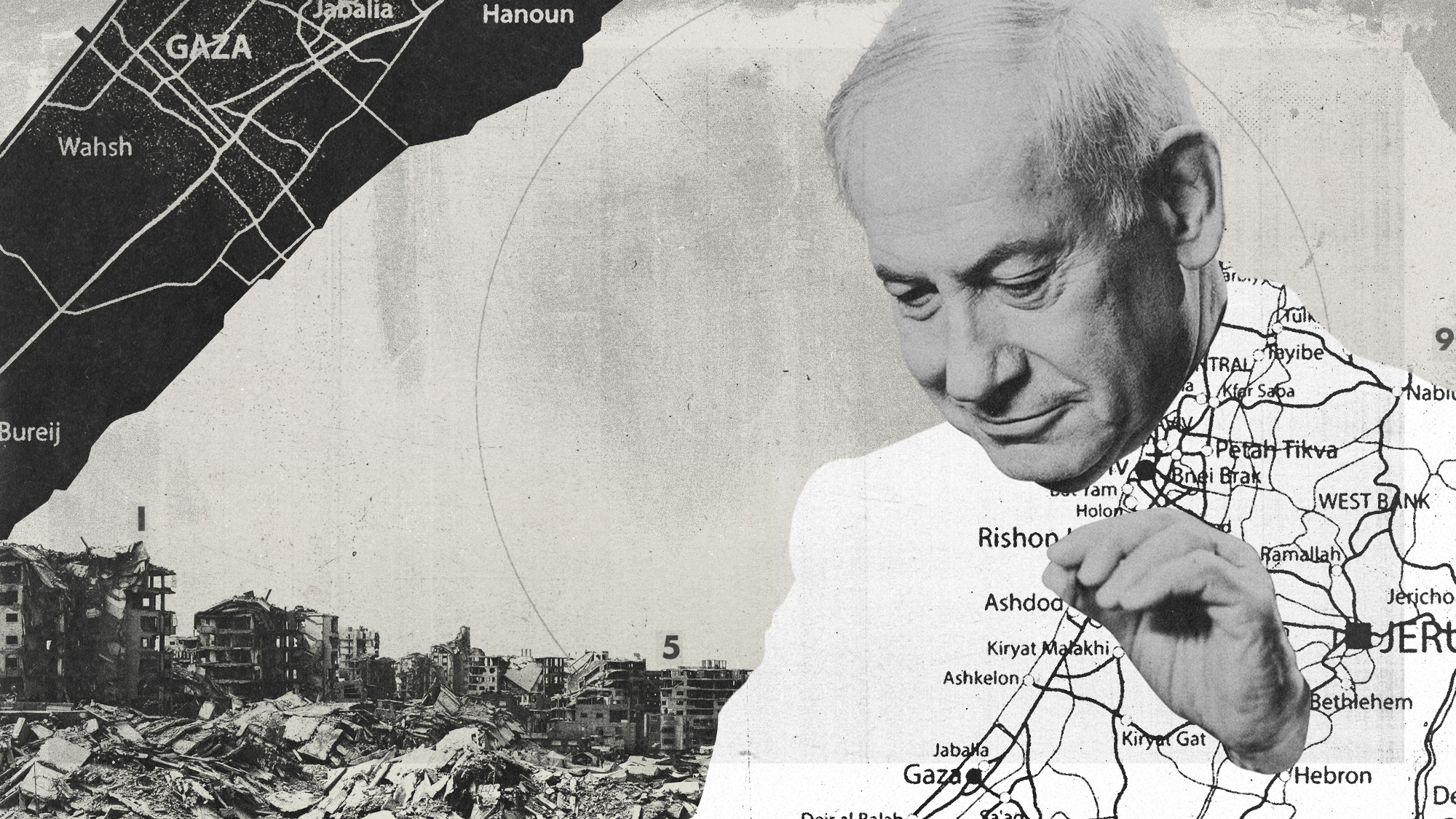 What does occupying Gaza accomplish for Israel?
What does occupying Gaza accomplish for Israel?Talking Points Risking a 'strategic dead-end' in the fight against Hamas
-
 Who owns Gaza? Israel's occupation plans
Who owns Gaza? Israel's occupation plansThe Explainer Egypt, Israel and Britain have ruled the beleaguered territory
-
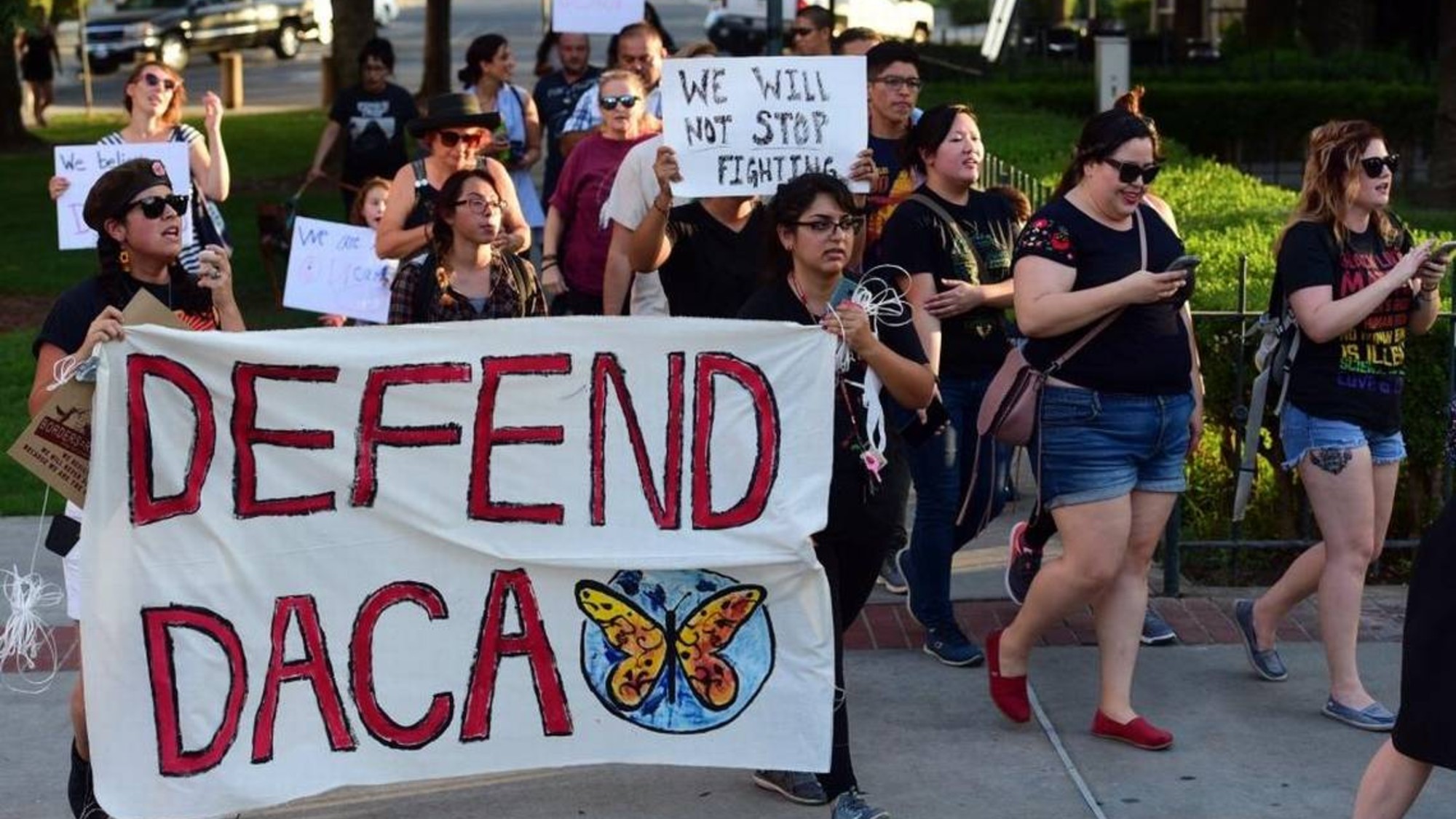 'Discriminating against DACA students'
'Discriminating against DACA students'Instant Opinion Opinion, comment and editorials of the day
-
 Will Trump privatize Social Security?
Will Trump privatize Social Security?Today's Big Question Bessent calls savings program a 'back door' to privatization
-
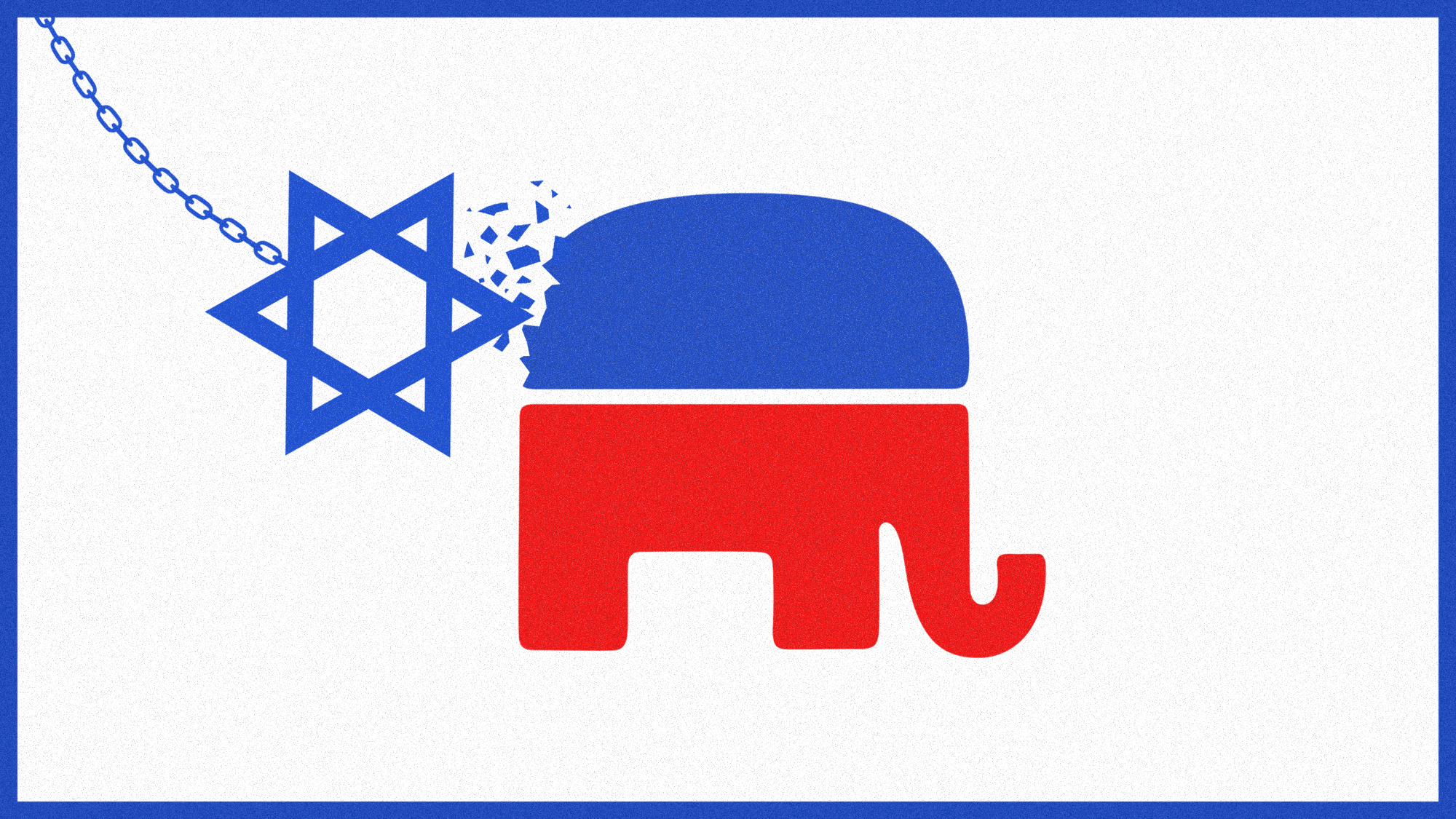 Cracks appear in MAGA's pro-Israel front
Cracks appear in MAGA's pro-Israel frontIN THE SPOTLIGHT As the world watches a humanitarian crisis unfold across Gaza, some of Israel's most staunchly conservative defenders have begun speaking out against its actions in the occupied territories
-
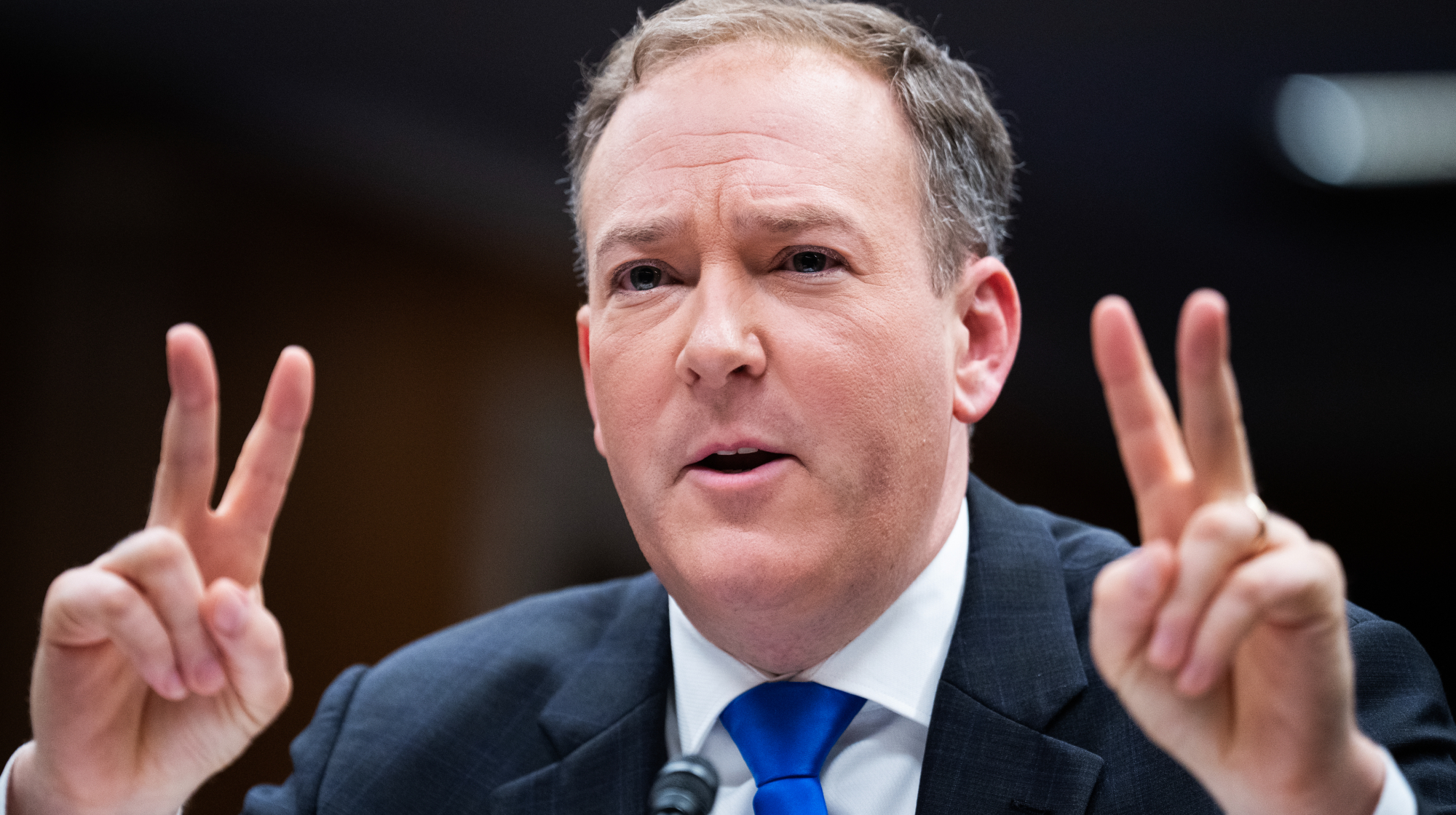 How does the EPA plan to invalidate a core scientific finding?
How does the EPA plan to invalidate a core scientific finding?TODAY'S BIG QUESTION Administrator Lee Zeldin says he's 'driving a dagger into the heart of the climate change religion.' But is his plan to undermine a key Obama-era greenhouse gas emissions policy scientifically sound — or politically feasible?
-
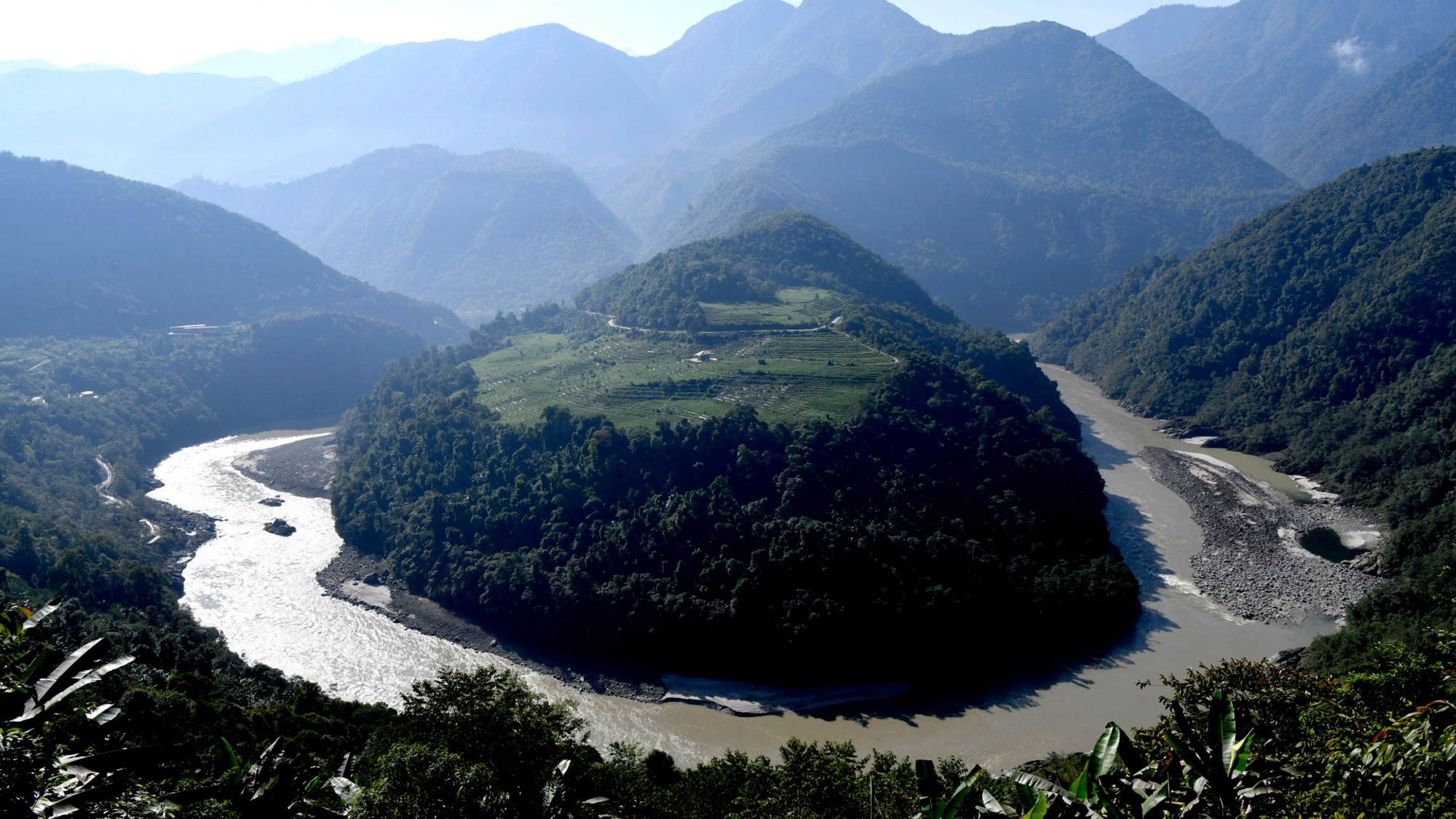 China is building the world's biggest hydropower dam. Is it a 'water bomb' aimed at India?
China is building the world's biggest hydropower dam. Is it a 'water bomb' aimed at India?Today's Big Question River is a 'lifeline for millions' across Asia
-
 Trump contradicts Israel, says 'starvation' in Gaza
Trump contradicts Israel, says 'starvation' in GazaSpeed Read The president suggests Israel could be doing more to alleviate the suffering of Palestinians